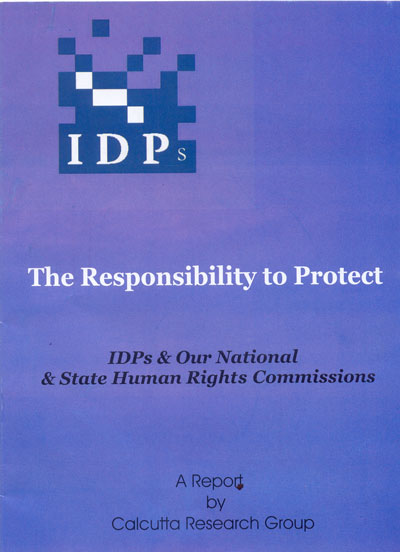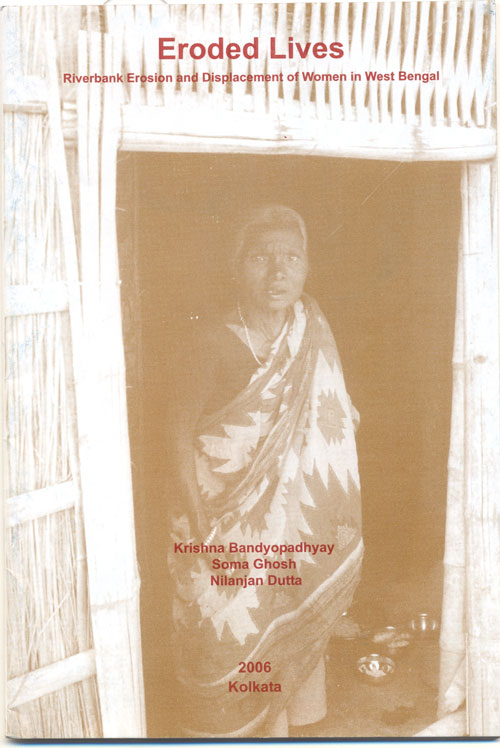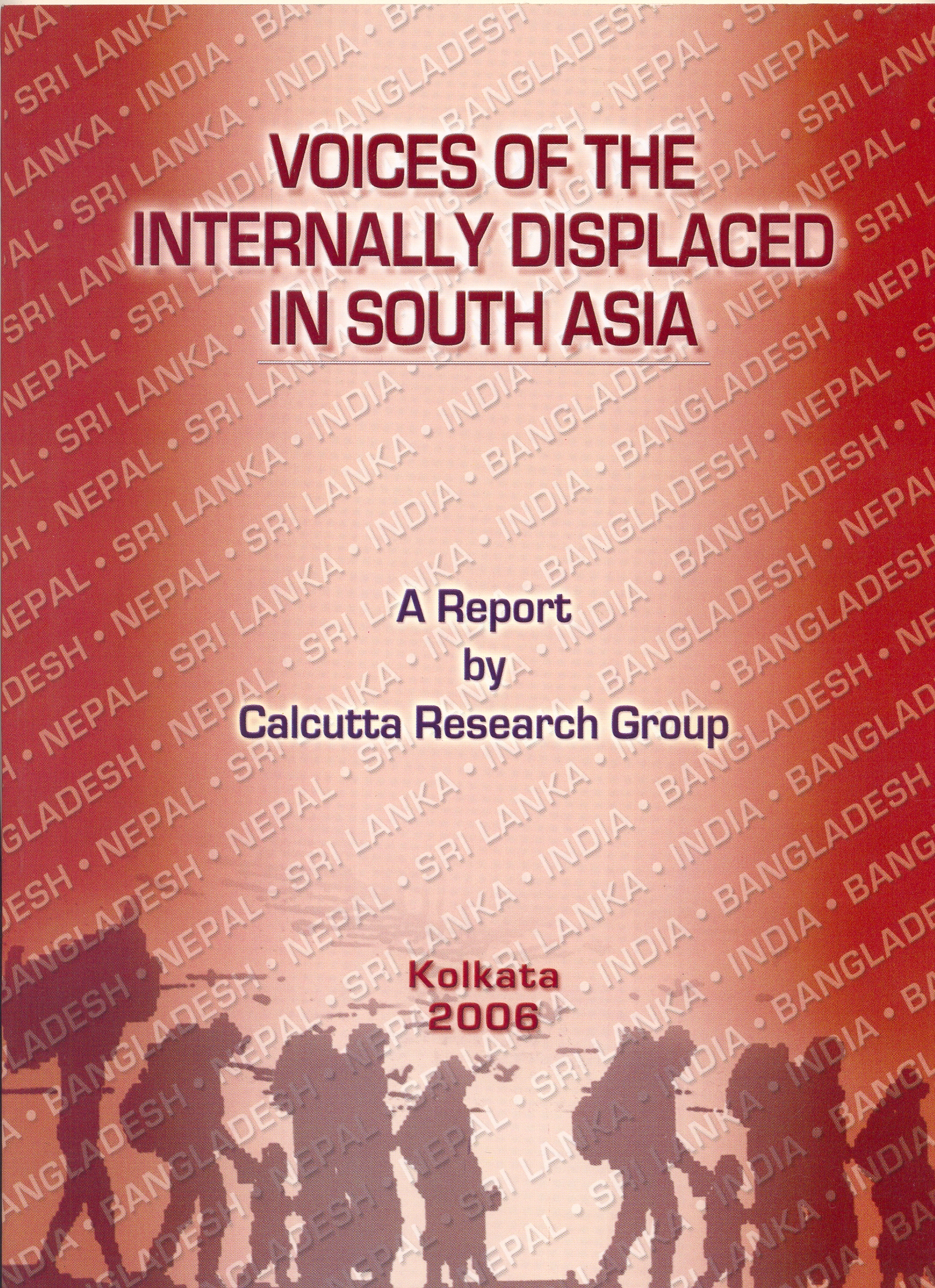The Responsibility to Protect is a report on a series of dialogues and workshops on the responsibility of the National and State Human Rights Commissions in India with regard to the protection of the internally displaced persons in the country. These dialogues were held with the support of the Asia pacific Forum of National Human Rights Institutions. They are in continuation to the earlier discussions organised by the Calcutta Research Group (CRG) on various issues such as those relating to autonomy, displacement, forced migration and peace in India’s Northeast, sustainability of rights under globalisation, and social justice whose reports are available in print and on CRG website (www.mcrg.ac.in). Two public lectures were also held in Kolkata and Darjeeling under the programme. The dialogue programme has been an integral part of the research activities of the CRG, because CRG’s own participatory research experiences show that dialogic knowledge is more intense, detailed, and democratic in nature. It also helps the creation of a network of researchers and other interested persons – thereby making research a matter of sharing and collective gain and responsibility. CRG takes this occasion to thank the Brookings-Bern Project on Internal Displacement and the Asia Pacific Forum of National Human Rights Institutions for their unstinted support in this initiative. Our special thanks are to the Other Media, New Delhi and Sansristi, Bhubaneswar for their collaboration in organising two workshops in this series in Bangalore and Bhubaneswar respectively. We are thankful to Ranabir Samaddar, who all along remained the guiding force behind these three workshops and gave his valuable suggestions in preparing this report.
The
publication has been supported by
Asia
Pacific Forum of National Human Rights Institutions.
Compiled
and
Edited by Ishita Dey and Sabyasachi
Basu Ray Chaudhury.

The report, a part of CRG’s work on forced migration,
is an in-depth study of the conditions of the people devastated by erosion
of the banks of River Ganga in the districts of Malda, Murshidabad, Cooch
Behar. The purpose of this report is mainly to draw attention of the
administrators to the plight of the victims of ‘natural disasters’ like
riverbank erosion; something that often looses the limelight to
‘conflict-induced displacements’. But river bank erosion has, over the
years, become a ‘natural’ and almost regular phenomenon in the places
under study. Interestingly, only the administrative offices and buildings
that get damaged by erosion succeed in attracting media coverage. The
thousands of people who loose their property, livelihood and shelter in the
same incident fail to draw any substantive attention. The report gives
extensive data of the loss of property and land in erosions caused by Ganga
in these three districts. The report aims to study the consequences of
riverbank erosion on women in particular and the people at large. With
extensive field study and study of Census reports, the researchers give a
vivid account of the district-wise displacement scenario, including the
number of displaced people, their present condition, the available
alternatives of livelihood that they have been forced into etc. Inputs from
women victims themselves make the report not just detailed but humane, as
well. Studies show that these displaced women are affected not just
economically, but their health, sanitation, medication, education, is also
hampered, leading to increased domestic and sexual violence. These women
often join self-organisations of the displaced people to voice their
condition. Yet they fail to draw any special attention of the administrators
to their plight. The report concludes with recommendations that might be
helpful in improving the condition of the displaced lot, specially women.
Special attention towards sanitation, education and health of the women are
some of the numerous recommendations that the report proposes, though
finally closing with a not-so optimistic note on the chances of the
administration taking any step towards the fulfillment of any of the
recommended proposals.
The
programme and the publication have been supported by
National
Commission for Women, New Delhi.

Voices of the Internally Displaced in South Asia
This is a report published by Calcutta Research Group
in 2006 in order to record the voices of the invisible population of the
displaced population groups in South Asia. The report aims to draw attention
and give a voice to the internally displaced themselves, who have been often
ignored despite the increasing attention to the human rights of the IDPs at
national and global level.
The research was conducted in IDP camps in Bangladesh, Nepal, Sri Lanka and
India by a dedicated team of CRG-associated researchers. The study is based
on random surveys of selected IDP camps, focus group discussions with IDPs
living in camps and case studies and presentation of voices from selected
areas or population groups. The report makes a number of policy
recommendations drawing on its cumulative as well as country- and
case-specific findings.
The publication is a part of the on-going CRG-Brookings Institution
programme on the Rights and Protection of the Internally Displaced Persons
in South Asia and it has been possible due to the support of the Brookings
Institution.
The
programme and the publication have been supported by
Brookings
Institution.
